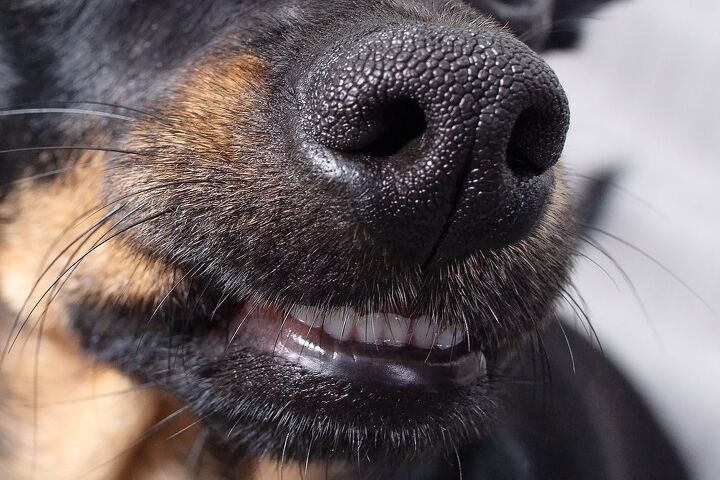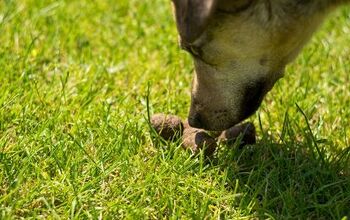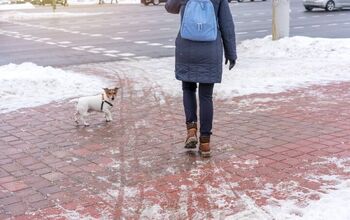Why Does My Dog Have a Runny Nose?

When the seasons start to change, you can probably tell because your nose starts running like a faucet. Though you may be used to seasonal allergies and the occasional cold, you probably don’t think about such things affecting your dog. When he develops a runny nose, then, you may find yourself wondering what caused it and what you can do to treat it.
A runny nose is not typically a serious issue for a dog, but it never hurts to check with your vet anyway. Read on to learn the common causes of runny nose in dogs and to see what you should do about it.
Common Causes for Runny Nose in Dogs
When you get a runny nose, you probably don’t think much of it and just start carrying around a pocket full of tissues. Before you ignore your dog’s runny nose, however, you should determine the cause and whether it’s something to be concerned about.
Here are the most common causes of runny nose in dogs:
- Allergies – If your dog’s nasal discharge is thin and watery, it is probably due to some mild irritation of the nasal cavity such as allergies.
- Infection – Viral infections and bacterial infections are often accompanied by respiratory symptoms, particularly for kennel cough.
- Foreign Body – Dogs love to sniff around and sometimes they sniff a little too hard and accidentally inhale something that can irritate the nasal cavity, causing discharge.
- Temperature Regulation – In some cases, a runny nose is a sign that your dog is too hot and having trouble regulating his temperature – he may be sweating from his nose to cool down.
- Dental Problems – If your dog has dental problems, an abscess in the upper teeth could cause nasal discharge simply due to proximity to the nasal cavity.
Any dog can develop a runny nose, but they are more common in brachycephalic breeds like Bulldogs, Pugs, and Boston Terriers. If your dog’s nasal discharge is accompanied by sneezing, coughing, or difficulty breathing, you should take your dog to the vet.
What Should You Do About It?
Before you panic about your dog’s runny nose, take a closer look. If the discharge is clear and watery and your dog isn’t displaying any other symptoms or changes in behavior, it is not something you need to worry about. The issue will likely clear up on its own in a matter of days. However, if your dog’s nasal discharge is thick and colored (white, yellow, or green), it could be something more serious – especially if there is blood in it. At this point, you need to take your dog to the vet and report any additional symptoms he is experiencing to help your vet make an accurate diagnosis. From there, he’ll be able to recommend a course of treatment to resolve the underlying cause and your dog’s runny nose.
Though your dog’s runny nose may not end up being anything serious, your dog’s health is your responsibility, so it is a good idea to be proactive. Check with your vet whenever your dog shows symptoms and ask for recommendations on how to treat the issue.

Kate Barrington is the loving owner of two cats (Bagel and Munchkin) and a noisy herd of guinea pigs. Having grown up with golden retrievers, Kate has a great deal of experience with dogs but labels herself a lover of all pets. Having received a Bachelor's degree in English, Kate has combined her love for pets and her passion for writing to create her own freelance writing business, specializing in the pet niche.
More by Kate Barrington























